Topic Editors


New Research on Waste Treatment, Disposal and Valorization

Topic Information
Dear Colleagues,
Increasingly tighter regulations regarding organic waste and the ever higher demand for renewable chemicals and fuels due to exponential population growth, industrialization and climate change render the management of waste resources to meet global demand more and more challenging. Wastewater, waste plastic, waste food, agricultural waste and carbon dioxide are only a few examples from the field of waste that require effective strategies for their management and valorization to improve cost-effectiveness and meet customers’ demands. The development of environmentally sound, innovative strategies to process waste from different industrial origins is an area of increasing importance in current research. There are two ways to deal with waste generation: the principles and strategies of the circular economy and sustainable development. Much research has been carried out on disposing and decomposing waste as well as on valorization using novel technologies to generate valuable products such as fuels and useful organic chemicals (via biorefinery or white biotechnology). This Topic, titled “New Research on Waste Treatment, Disposal and Valorization", will collect original research papers, reviews and short communications reflecting the state of the art and future applications in this field, with particular emphasis on their application at both laboratory and industrial scales.
Dr. Antonella Angelini
Dr. Carlo Pastore
Topic Editors
Keywords
- waste management
- environment
- biorefinery
- circular economy
- sustainability
Participating Journals
| Journal Name | Impact Factor | CiteScore | Launched Year | First Decision (median) | APC | |
|---|---|---|---|---|---|---|
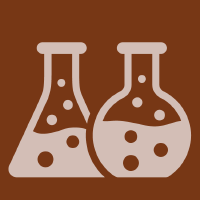
Catalysts
|
3.8 | 6.8 | 2011 | 12.9 Days | CHF 2700 | Submit |

Energies
|
3.0 | 6.2 | 2008 | 17.5 Days | CHF 2600 | Submit |
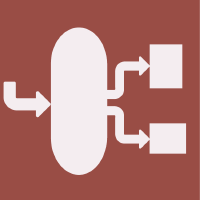
Processes
|
2.8 | 5.1 | 2013 | 14.4 Days | CHF 2400 | Submit |

Sustainability
|
3.3 | 6.8 | 2009 | 20 Days | CHF 2400 | Submit |
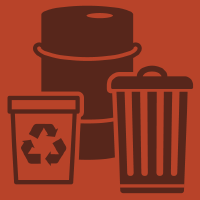
Waste
|
- | - | 2023 | 30.3 Days | CHF 1000 | Submit |
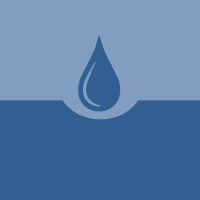
Water
|
3.0 | 5.8 | 2009 | 16.5 Days | CHF 2600 | Submit |
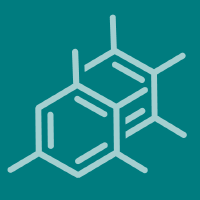
Molecules
|
4.2 | 7.4 | 1996 | 15.1 Days | CHF 2700 | Submit |
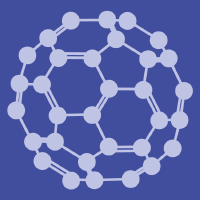
Nanomaterials
|
4.4 | 8.5 | 2010 | 13.8 Days | CHF 2900 | Submit |

MDPI Topics is cooperating with Preprints.org and has built a direct connection between MDPI journals and Preprints.org. Authors are encouraged to enjoy the benefits by posting a preprint at Preprints.org prior to publication:
- Immediately share your ideas ahead of publication and establish your research priority;
- Protect your idea from being stolen with this time-stamped preprint article;
- Enhance the exposure and impact of your research;
- Receive feedback from your peers in advance;
- Have it indexed in Web of Science (Preprint Citation Index), Google Scholar, Crossref, SHARE, PrePubMed, Scilit and Europe PMC.

